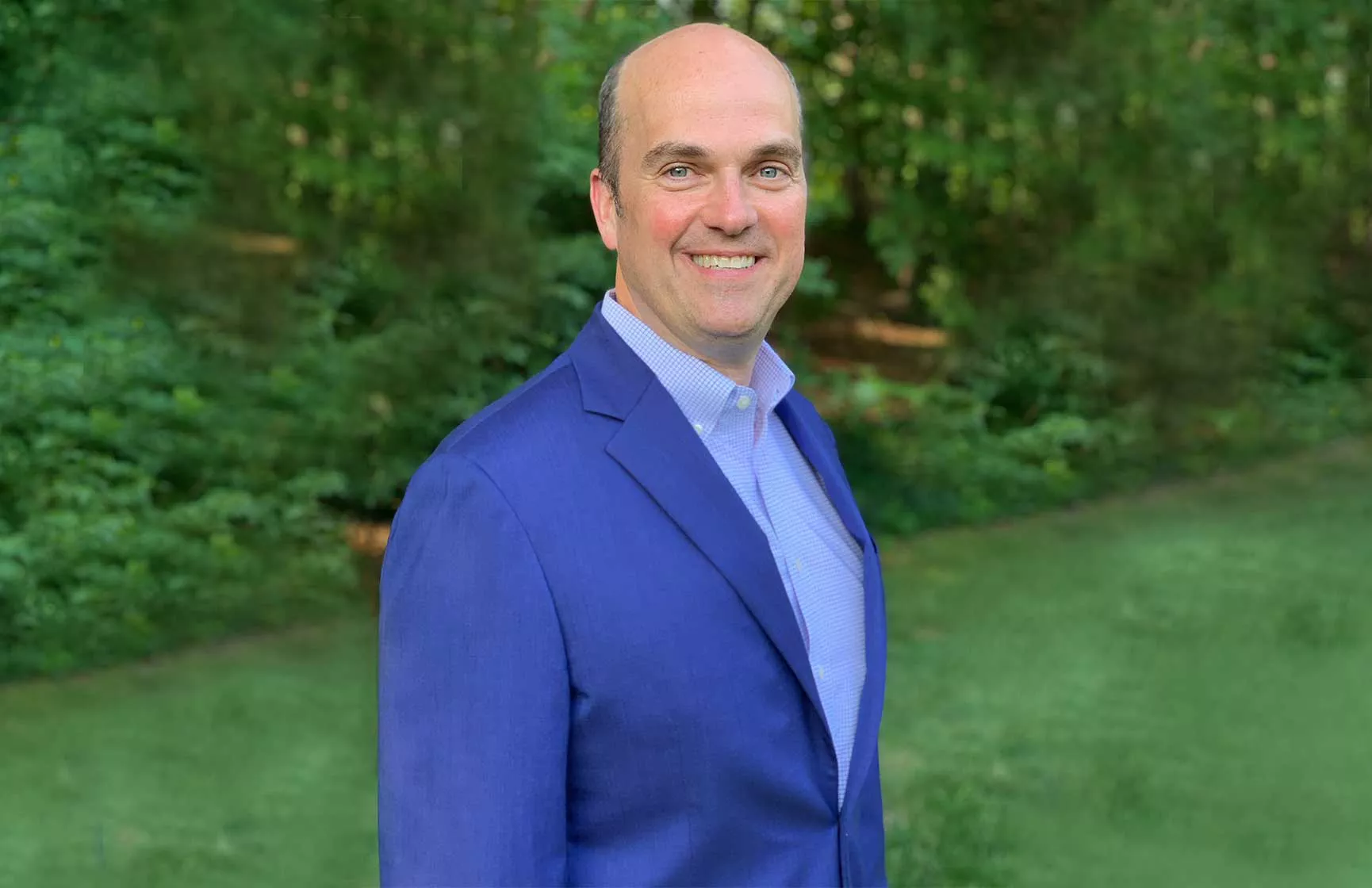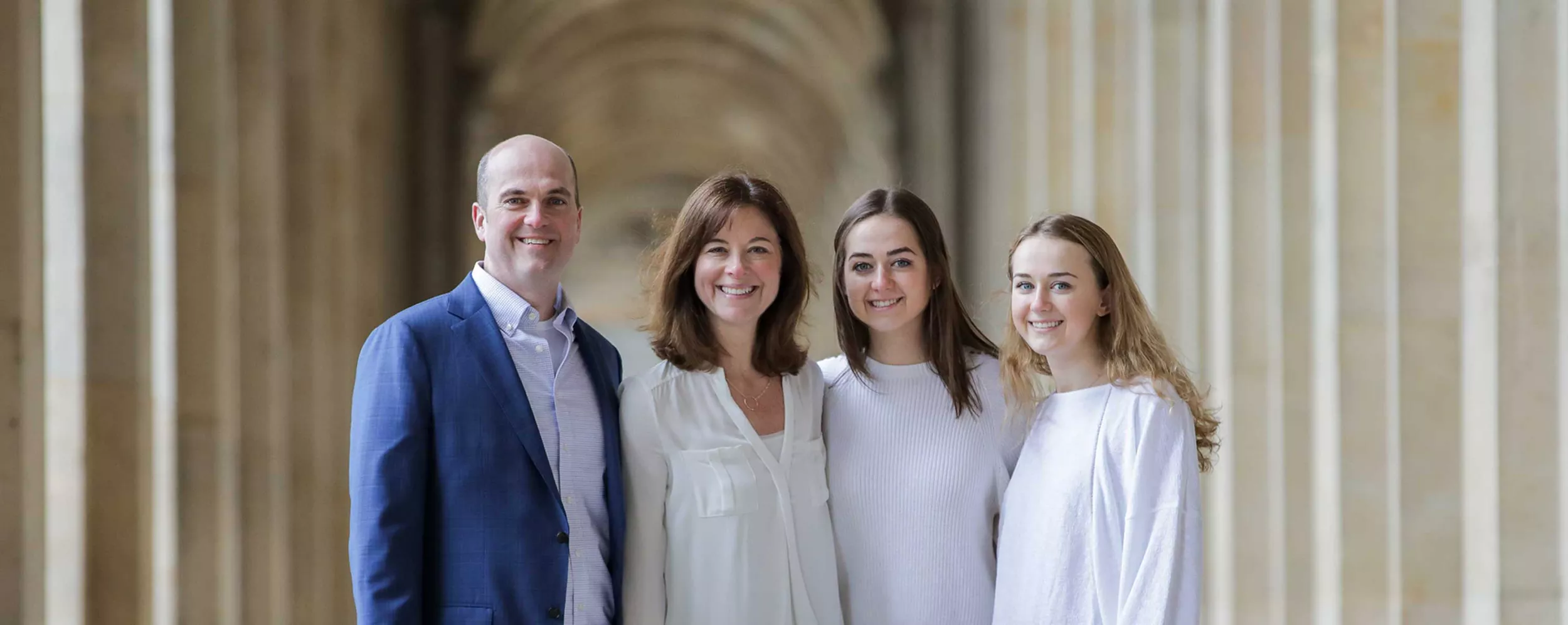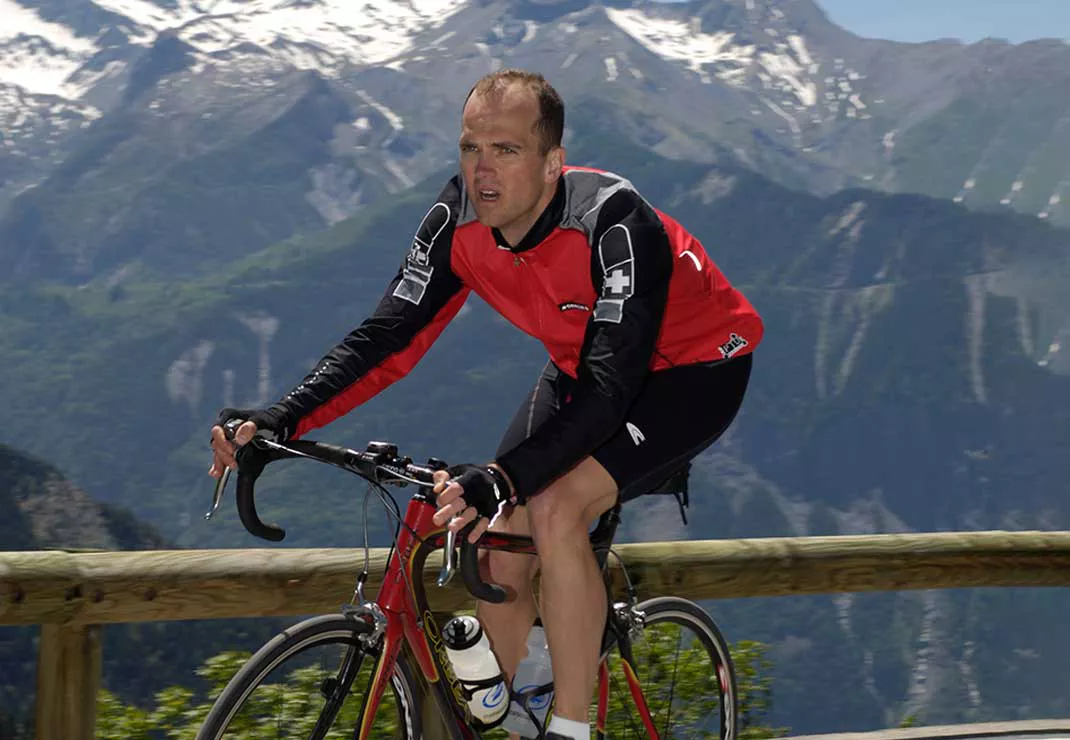Q&A with Todd Christy: General Manager, Raleigh

We spoke to Todd Christy about what makes Raleigh unique, his entrepreneurial career path, and the one rule he lives by.
You’ve been at Slalom since 2013 and were a founder of a software company before that. What can you tell us about your career before you came to Slalom?
I graduated college as an engineer and took a pretty traditional software job for the first couple of years. I was definitely a low man in that group but learned a ton from those around me. I had a bunch of friends who were flying all over the world doing consulting, and I thought that was kind of a cool thing at the time. My fiancée was one of those. And I said, “Hey, this Andersen Consulting [now Accenture] thing looks pretty interesting.”
I joined Andersen, was there for about four years, and I really liked it. But at the time, the dot-com boom was rising, and there were a lot of startups. I wanted to get in on that, so I left with a colleague of mine and we started a consulting company, which transformed into an enterprise mobility software company. I came up with a software idea and did a lot of the early engineering. I was a founder and CTO of that business and built a large team. We had about 200 employees.
We were writing software for Pocket PCs, which was one of the very old-school devices. These were the very early days of enterprise mobility before companies were using mobile devices for anything other than email at best. Most mobile devices at the time weren’t even connected.
We eventually sold that business, and I was on the sidelines for a bit. I was honestly not looking to get back into consulting. Then the GM of Slalom Boston, called me. And he said, “I’ve got this thing going on called Slalom. Not sure if you’ve heard of us, but I need a tech leader.” And that’s what led me here.
Congrats on your success. You’re obviously an entrepreneurial person. How does that itch get scratched at Slalom?
I was really interested in building another business, and it turned out leading the tech team in Boston was very much what I was looking for—not brand-new, about 30 people, a little over a year in, about $10 million in revenue. I was very fortunate to get in early, and the business grew 10 times in headcount and revenue before I left to start Slalom Raleigh.
I loved the team in Boston and love the business there. But I was excited about the very different challenges of Slalom Raleigh—the excitement, opportunity, innovation, entrepreneurialism, and terror all rolled into one that is starting a new business from the ground up It’s hard to find an opportunity like that. It’s pretty darn entrepreneurial.
What makes Raleigh a unique place to live and work?
Raleigh is a vibrant commercial marketplace with a strong tech and life sciences segment. The commercial manufacturing industry is also quite significant here, as well as public sector and higher education. These are all industries that we have deep expertise in.
There’s also tremendous access to talent through the universities here and through the lineage of RTP, the Research Triangle Park, which for decades has been a foundational infrastructure for companies to develop innovative and breakthrough technologies. It has a sort of campus-style setting for advancing business and tech and life sciences. That has fostered a real growth of entrepreneurialism and innovation and talent in this area.
Combine that with the cost of living and a quality of life here and Raleigh is compelling. I think people will continue moving to Raleigh from high-density cities, and from a business standpoint, I’m very excited about that.
Personally, I don’t have deep roots in Raleigh. But my youngest daughter was a competitive soccer player, and there’s a national tournament here that she was involved in for a few years. That led to her applying to Duke. So my wife, my daughter, and I have spent quite a bit of time in the Triangle. And getting away from harsh New England winters is never a bad thing. Combine those things, and we ended up in a good place.
What’s the best piece of advice you’ve ever gotten?
One of my colleague’s hallmark statements is “Let’s build a great team, and good things will happen.” If you stick to the fundamental mantra of hiring amazing people and building a great team, you can weather an awful lot of adversity and also capitalize on an awful lot of opportunity. I hold that very close to heart and try to keep that bar very high.
Have you made a mistake at some point in your career? If so, what did you learn from it?
For sure. We could spend a long time on this one. One of the things I got completely wrong was when I was at my startup. When the iPhone came out in 2007, BlackBerry ruled the roost in the enterprise. Apple comes out with this new device, and it was very buzzworthy and garnered a lot of attention. I was convinced it was going to be a consumer-only device, that business activity would still take place on non-Apple devices. And I was very wrong about that.
That was a painful lesson in the rapidity and the relentless force of innovation and technology in business. I try to remind myself when I feel like I’m getting confident or comfortable with tech or with business innovation, whatever it might be. Like, “Hey, it wasn’t that long ago you made a really bad prediction. Keep that in mind. Stay grounded.”
What’s a rule that you live by?
I’m a big believer that work ethic can overcome nearly all. You may not be the smartest or the first. There may be other barriers and limits. But you can usually work your way through most problems by bringing that amazing work ethic. I’ve seen so many people succeed that way.
Is there a book or podcast that’s inspired you recently?
I once listened to an interview on Jocko Willink’s podcast. It’s a four-and-a-half-hour interview, so this is a labor of love to get through, but he’s interviewing a guy named Jonny Kim, a Korean American who grew up in a very difficult life situation with an abusive father and joined the navy to escape. He became a Navy SEAL and served in combat on multiple tours. That’s a hell of an accomplishment in itself. Then he decided, “Yeah, that’s not enough.” He went to Harvard Medical School and became a doctor.
Most of us would’ve said, “I’ve checked enough boxes.” But he then decided, “I’m going to be an astronaut.” So he’s now a NASA astronaut. He’s at the pinnacle of his third career. It’s very inspiring. He’s pretty physically slight but has been an amazing warrior and patriot, and is a humble guy who’s giving back through medicine and service—and now through science.
Describe your perfect weekend day.
I’m a big cyclist, so it starts out with a long bike ride in the morning. A couple of years ago I got captivated by car detailing, so I bought all this crazy car-cleaning equipment. I love to detail cars. If I ever leave Slalom, it might well be to run my own car-detailing business. But I don’t think I can do that just yet. So in my ideal day, I detail my car in the afternoon for a couple of hours.
I love to cook. So my wife and I would cook an amazing dinner, barbecuing or something like that, and just hang out. That would be a good day for me.

